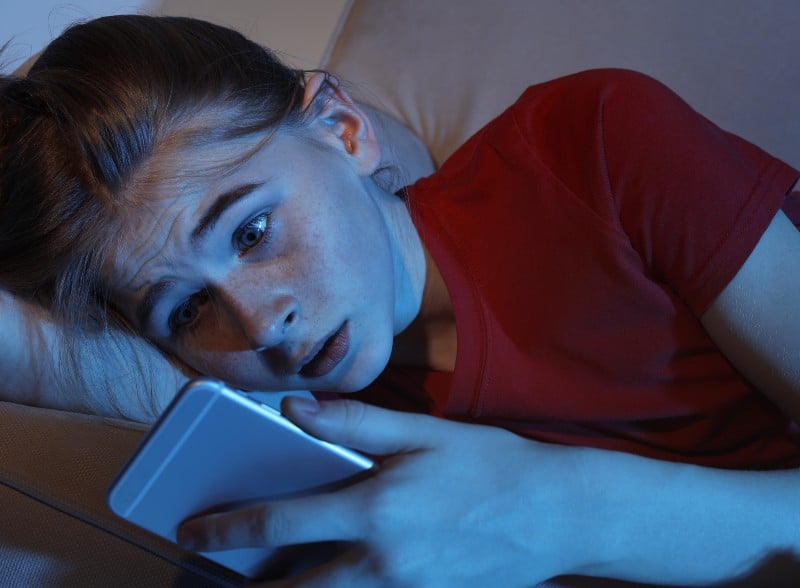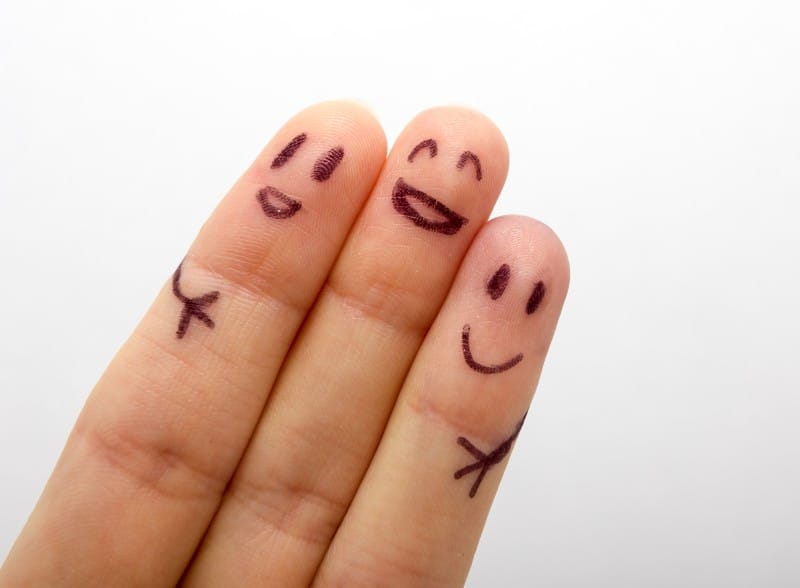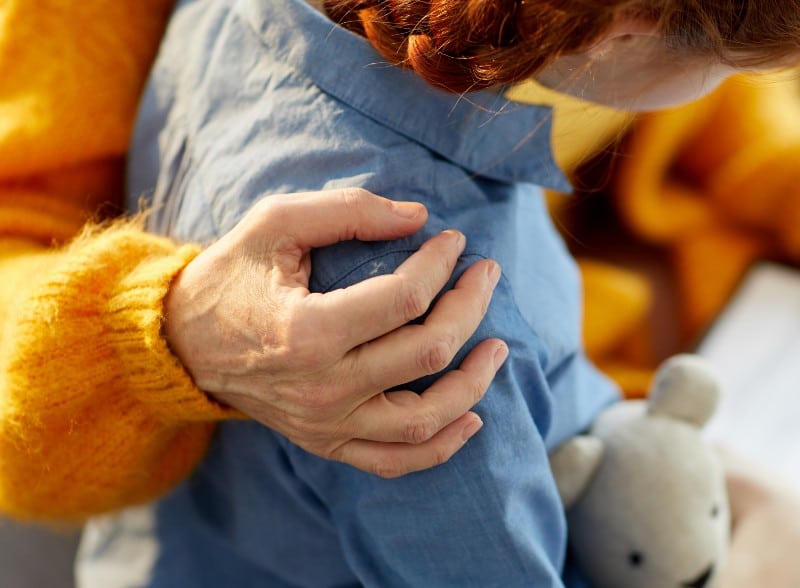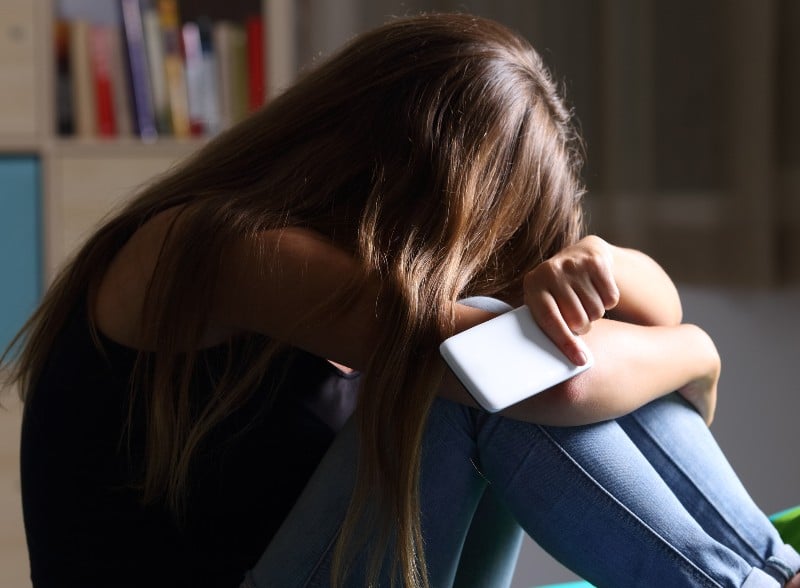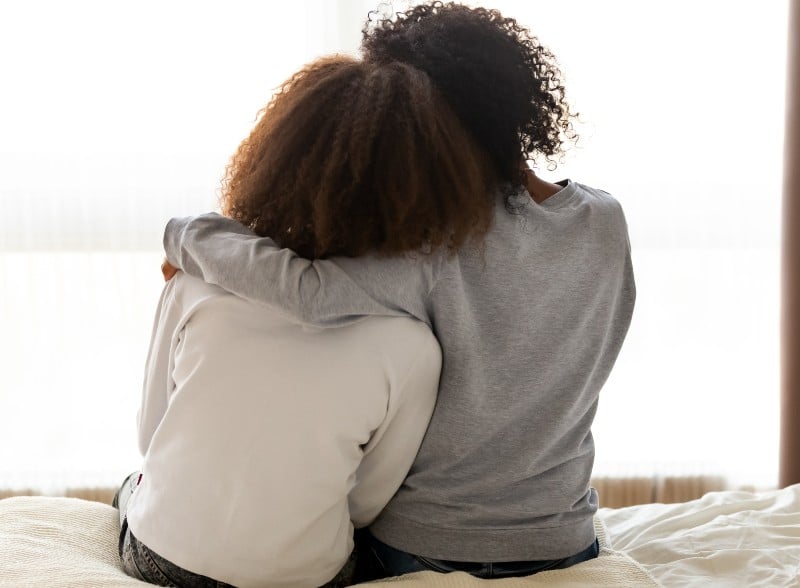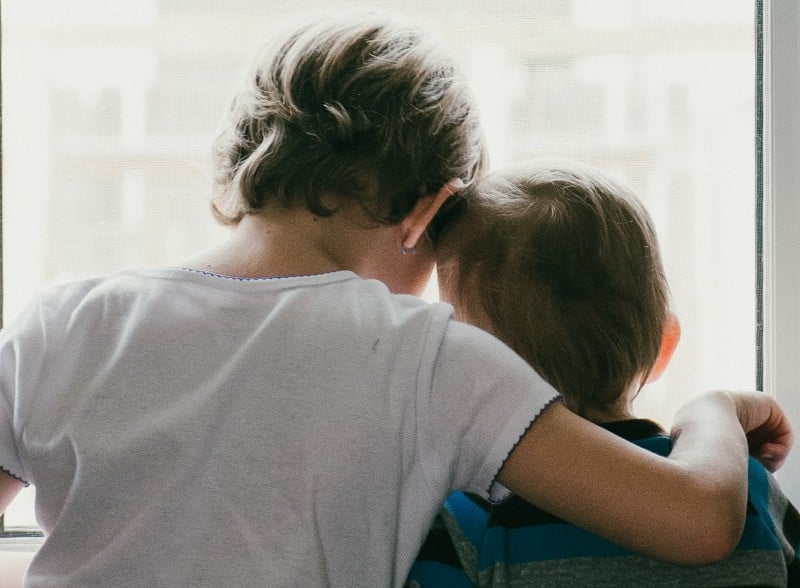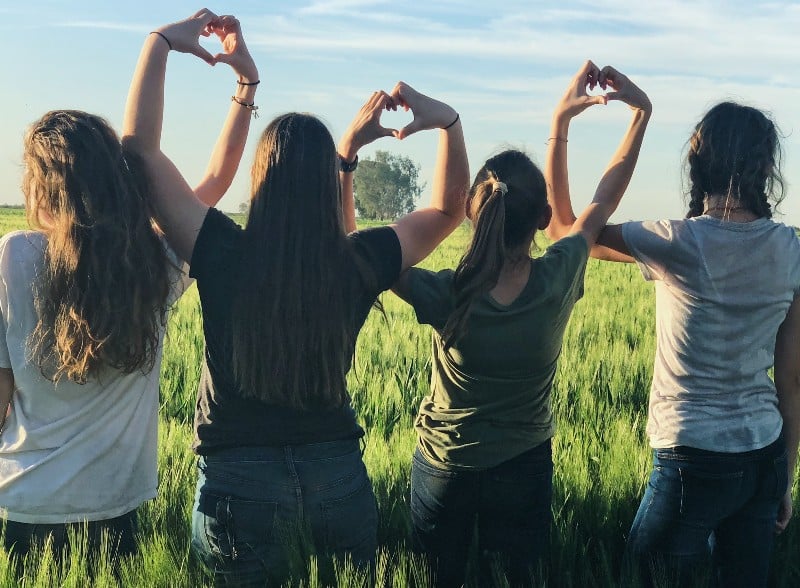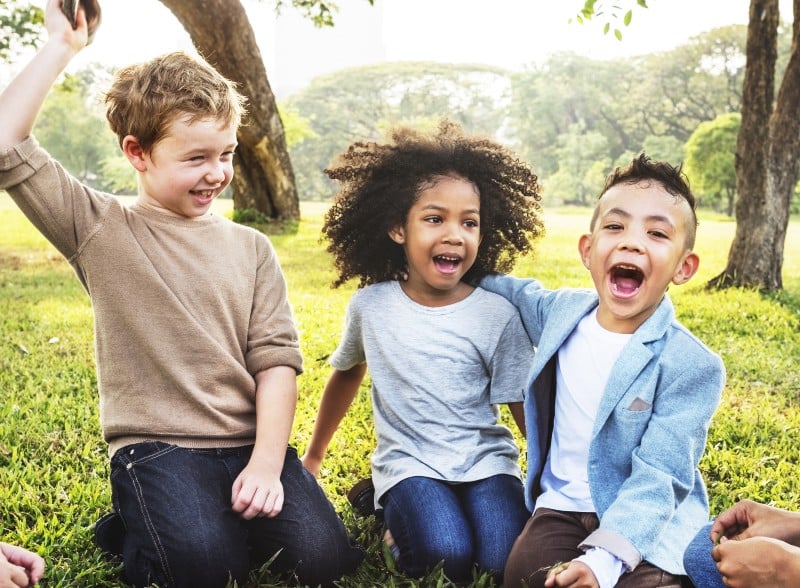
Dr Weston Talks with Dr Verity Jones: Climate Change Education, ‘Eco-Anxiety’ and Fast Fashion
Have you ever considered the impact of the climate crisis on young people or really asked how they feel about the constant barrage of bad news that faces them? In this interview, Dr Weston chats with Dr Verity Jones about sustainable futures and education. They talk through optimal ways to discuss issues around climate change with children and young people and outline the things that young people would find helpful. They also discuss the global impact of fast fashion and how our intimate relationship with clothes can be a great way to open up conversations about issues of sustainability. Dr Jones references a vast number of fantastic resources which teaching staff and parents will find useful.


